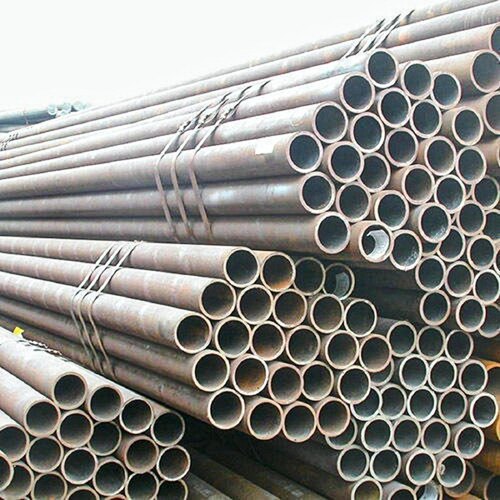
Dubai is a hub for construction, infrastructure, and industrial projects, making the demand for high-quality pipes essential. Whether you’re looking for steel, PVC, or HDPE pipes, selecting the right supplier ensures durability, compliance, and cost-efficiency. With numerous suppliers in the market, choosing the best one requires careful evaluation. This blog provides expert tips on selecting the right pipe suppliers in Dubai to help businesses and contractors make informed decisions.
1. Assess the Supplier’s Industry Experience
Experience plays a significant role in the quality and reliability of a supplier. A well-established supplier with years of experience in the industry is more likely to provide high-quality products and professional service. Check their background, client testimonials, and past projects to determine their expertise in the pipe supply industry.
2. Check Compliance with Industry Standards
Pipes must meet industry standards to ensure safety and durability. When selecting a supplier, ensure they provide pipes that adhere to international standards such as ISO, ASTM, and API. Compliance with these standards guarantees that the pipes are tested and meet required specifications for performance and longevity.
3. Evaluate the Range of Products Offered
A reputable supplier should offer a variety of pipes, including:
- Steel Pipes – Suitable for construction, oil & gas, and industrial applications.
- PVC Pipes – Lightweight and cost-effective for plumbing and drainage.
- HDPE Pipes – Highly resistant to corrosion and ideal for water supply.
- Copper Pipes – Used for plumbing and HVAC systems due to their durability.
- Ductile Iron Pipes – Preferred for sewage and water treatment applications. Having a diverse product range ensures that you can source all required materials from a single supplier, reducing procurement complexity.
4. Compare Pricing and Cost Efficiency
While quality should never be compromised, pricing is an essential factor. Request quotes from multiple suppliers and compare their pricing structures. Beware of extremely low prices, as they may indicate subpar quality. Look for a supplier who offers competitive pricing while maintaining high standards.
5. Verify the Supplier’s Logistics and Delivery Capabilities
Timely delivery is crucial, especially for large-scale projects. Choose a supplier with an efficient logistics system to ensure your pipes arrive on schedule. Consider factors such as:
- Inventory Availability – Does the supplier have ready stock?
- Delivery Network – Can they deliver to your project site promptly?
- Packaging and Handling – Do they ensure safe transportation to prevent damage?
6. Check Customer Service and Technical Support
A supplier’s customer service reflects their commitment to quality and reliability. Responsive customer support can help resolve issues, provide expert recommendations, and ensure a smooth purchasing process. Additionally, suppliers with in-house technical support can assist in selecting the right pipes for your specific needs.
7. Assess Sustainability and Environmental Practices
As sustainability becomes a key consideration in construction and industrial projects, opt for suppliers that follow eco-friendly manufacturing and supply practices. Some indicators of sustainable suppliers include:
- Use of recycled materials in pipe production.
- Energy-efficient manufacturing processes.
- Compliance with environmental regulations. Sourcing from sustainable suppliers helps businesses contribute to environmental conservation while ensuring long-term cost savings.
8. Consider After-Sales Support and Warranty Policies
Reliable suppliers offer after-sales support, including maintenance, troubleshooting, and warranty services. A good warranty policy indicates confidence in product quality. Clarify the terms and conditions of warranties and after-sales services before making a purchase.
9. Read Customer Reviews and Testimonials
Customer reviews and testimonials provide valuable insights into a supplier’s reputation. Look for feedback on:
- Product quality and durability.
- Timeliness of delivery.
- Customer service responsiveness.
- Overall satisfaction with the supplier. Online platforms, industry forums, and word-of-mouth recommendations can help verify a supplier’s credibility.
10. Visit the Supplier’s Facility if Possible
If feasible, visit the supplier’s facility to inspect their operations, quality control processes, and inventory. This firsthand evaluation helps in understanding their production capabilities and commitment to quality.
Selecting the right pipe supplier in Dubai requires careful consideration of various factors, including industry experience, product quality, pricing, logistics, customer service, and sustainability. By following these expert tips, businesses can ensure they partner with a reliable supplier who meets their specific requirements. Investing time in choosing the right supplier ultimately leads to better project outcomes, reduced risks, and long-term cost savings.